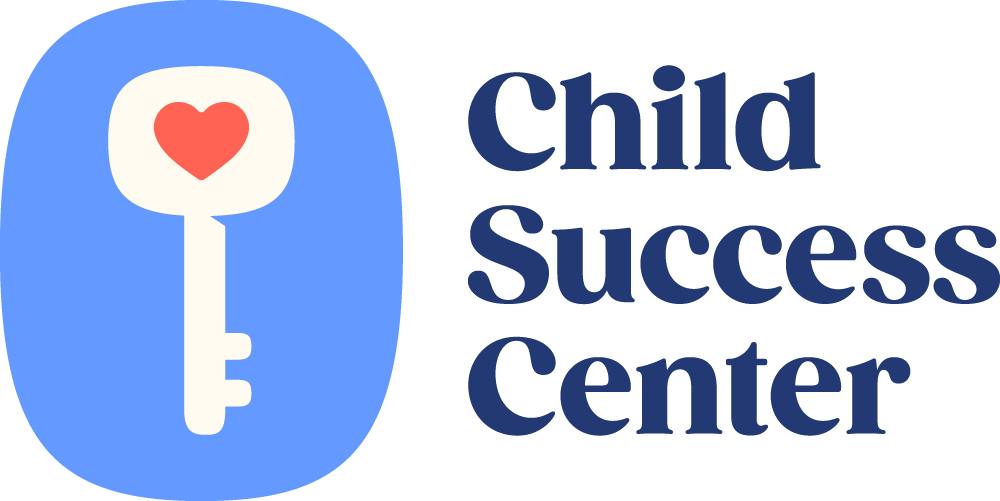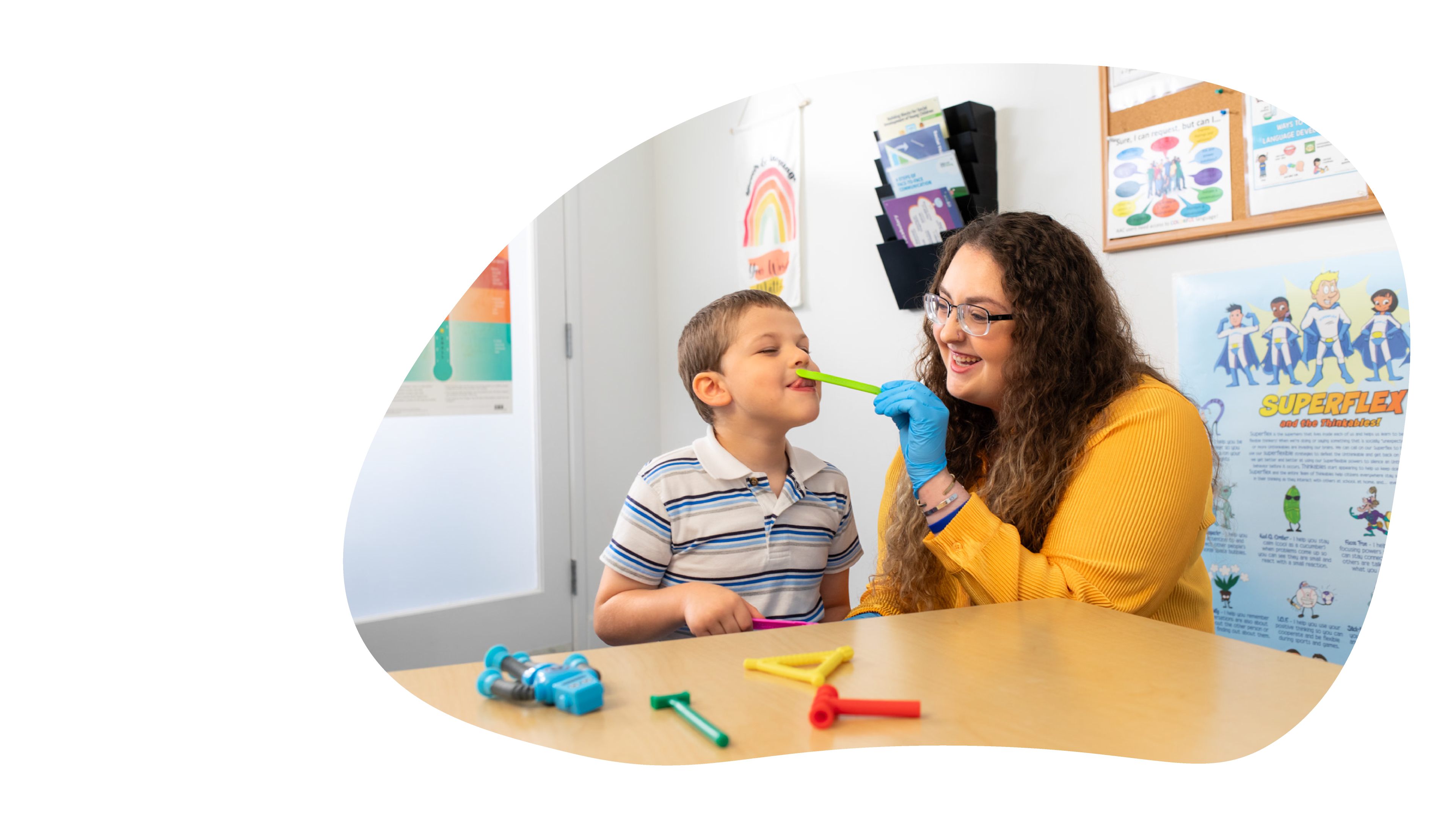Myofunctional Therapy Services
From Infancy to Childhood, Tongue-tie and Oral Myofunctional Disorders (OMD’s) Can Impact Various Aspects of Your Child's Growth

Learn to recognize the signs and understand why early therapy is crucial for your child's development.
As a parent, you may have been referred to speech therapy for your child due to concerns about tongue-tie (ankyloglossia) or Orofacial Myofunctional Disorders (OMDs). You might be wondering why this therapy is necessary and who can help. Let's explore these conditions and their impacts on your child's development.

What are Tongue-tie and OMDs? Tongue-tie occurs when the frenulum, a small piece of tissue under the tongue, is too tight or short, restricting the tongue's movement. This condition can also affect the cheeks (buccal tie) or the back of the tongue (posterior lingual tie). Tongue-tie is often associated with OMDs, which are complex issues affecting the muscles and structures of the face and mouth.

Signs and Symptoms
You may notice various signs depending on your child's age:
- Babies: Struggling with breastfeeding, long feeding sessions, poor latching
- Toddlers: Slow eating, picky eating habits
- Preschoolers: Drooling, attention and focus challenges, speech clarity issues
These disorders often go undetected; however, the functional challenges lead to creating strain on your child's developmental journey. OMDs can be observed simultaneously with thumb sucking, open mouth breathing, tongue thrust, and teeth grinding.
Impact on Development
While tongue-tie and OMDs may seem minor, they can significantly impact various aspects of a child's life:
- Speech: Children often struggle to pronounce certain sounds, particularly "t," "d," "l," and "r," leading to speech delays and communication frustration.
- Feeding: Difficulties with chewing and swallowing can persist from infancy through childhood.
- Physical Development: Tongue-tie can be linked to core weakness, affecting posture and overall physical coordination.
- Breathing: OMDs can lead to problems with breathing, potentially affecting sleep, overall health, attention, and focus.


